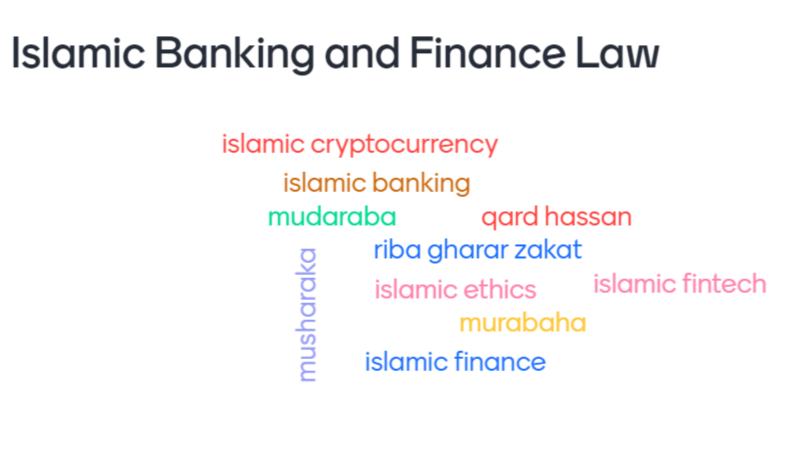By Emilie Marjatta Earl,
Today’s blog post is focused on al-sarf or currency exchange in Islamic law. The first section will explain why currency exchange could be considered as going against Islamic law. After this, the text will focus on historical developments and in the end explain how currency exchange can be conducted.

To begin the word Sharia is an Arabic term that has been translated into Islamic Law in English, while its actual meaning is “the way”. The Sharia provides Muslims with guidelines on how to live their lives in accordance with God’s Will. Within Sharia, there is a prohibition of Riba. Riba is the Arabic term for Usury. Sharia prohibits unjust enrichment through interest payment. Riba is in most cases referred to when discussing loans, as banks tend to apply an extra fee (interest) on loans, which grows while the person pays back the loan. Islamic banks do not, therefore, use interest in their loans, as they cannot make an unjust profit according to Sharia. However, this same train of thought is applied to al-sarf (currency exchange) as well, which I will explain below.
Historically people did not always have money to acquire the things they wanted, instead, they used trading methods, for example, gold. In Islamic states, they used gold and silver before money, and they held a certain value that was widely accepted in the community.[1] This meant that they could use silver and gold in exchange for something else, but they could not exchange gold for more gold, or then they would have made an unjust profit and that would have made the gold into a commodity and therefore caused Riba.[2]
When money emerged in the Islamic states, the same principles for gold and silver were applied to it. This means that money should only be used as a means of exchange, and this was also apparent from the early economic thought of Al-Ghazali who believed that a currency functions “as a basis of value, medium of exchange and value for savings”.[3]

Now you may be thinking how it is then possible to exchange money without Riba, as different currencies hold different values. In order to make it possible Islamic Scholars have within Sharia provided a Bai’ al-sarf (sale contract for currency exchange). This provides that different currencies can be exchanged if the following rules are applied: the exchange will be done then and there in full, and the exchange will be done with the existing rate or with another rate if it is mutually greedy and it needs to be done physically (cash) or by constructive possession (from the bank account directly).[4]
In conclusion, even though al-sarf (currency exchange) can cause Riba (usury), as long as the Bai’ al-sarf (sale contract for currency exchange) is followed, al-sarf (currency exchange) is accepted under Sharia according to most Islamic scholars.
References:
[1] Saleem, Muhammad Y. Islamic Commercial Law. John Wiley & Sons Singapore, 2013, chapter 3,
https://books.google.fi/books?hl=en&lr=&id=q2BwPIRWV4C&oi=fnd&pg=PT11&dq=currency+exchange+in+islamic+business+law&ots=SL9Qo_AcZH&sig=RcJZe0sOtlyoBkla5xC99vsDfY&redir_esc=y#v=snippet&q=Currency%20exchange&f=false.
[2] Ibid.
[3] Samsuddin, Nur, et al. “Islamic Economic Thoughts of Prominent Muslim Scholars in the Abbasid Era.” International Journal of Academic Research in Business and Social Sciences. P.31
[4] Bai` al-Sarf (Currency Exchange) What is Bai’ al-sarf? Illustration of Bai’ al-sarf application Component Bai’ al-sarf, https://www.mifc.com/documents/6319173///18dbaa93-ba5e-e231-c3af-3db91dcae1b3/. Accessed 23 February 2023.
